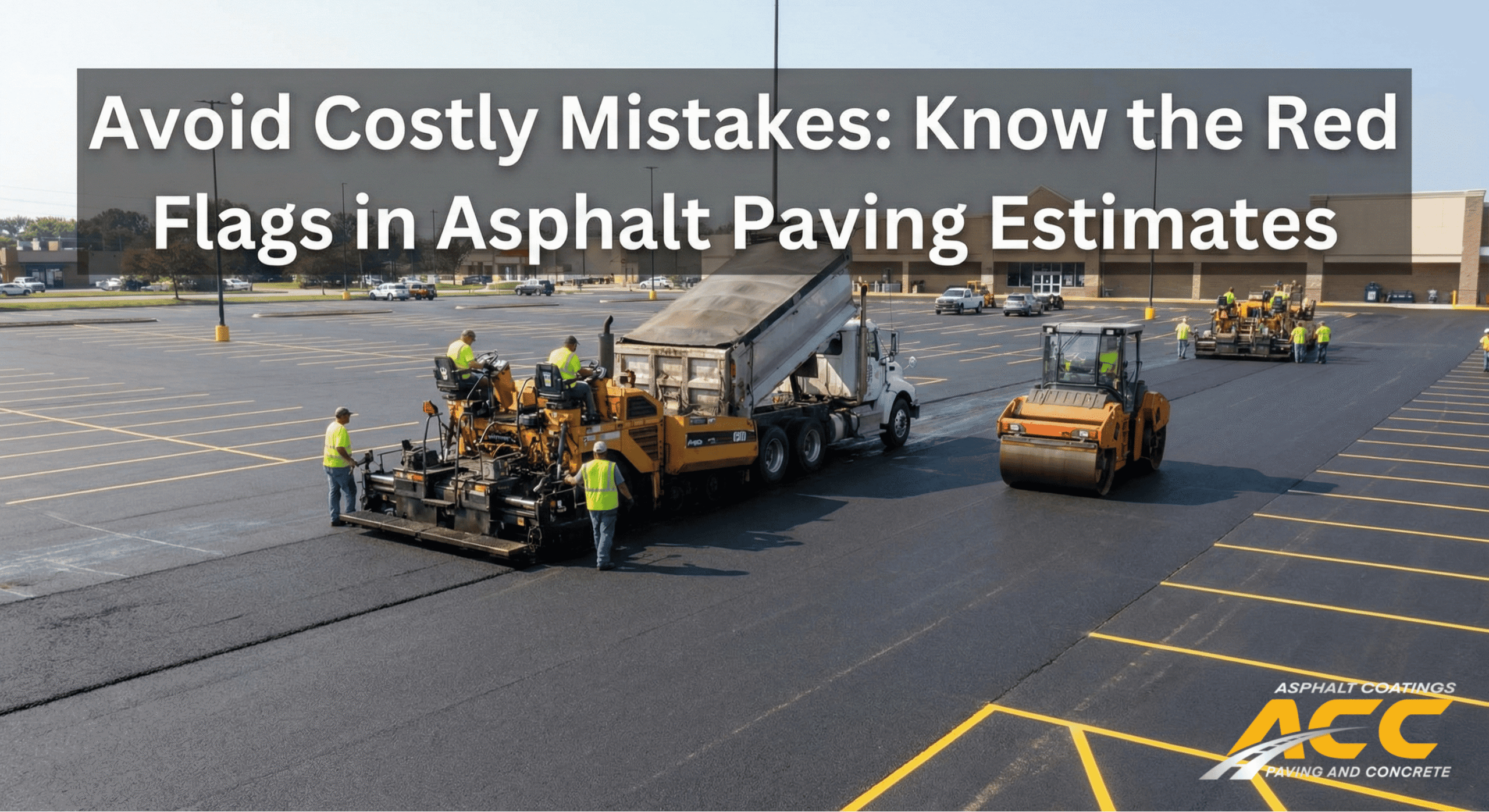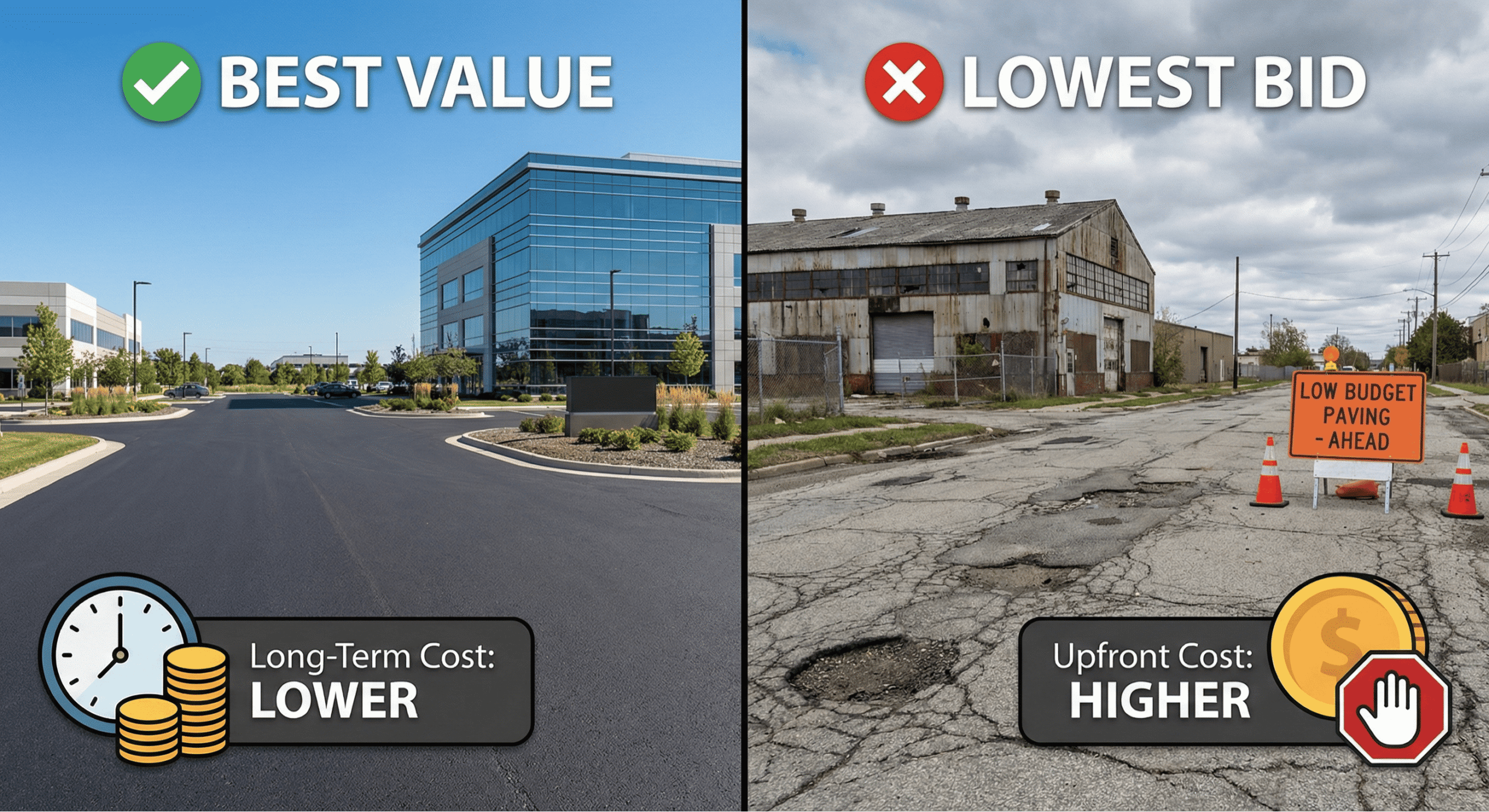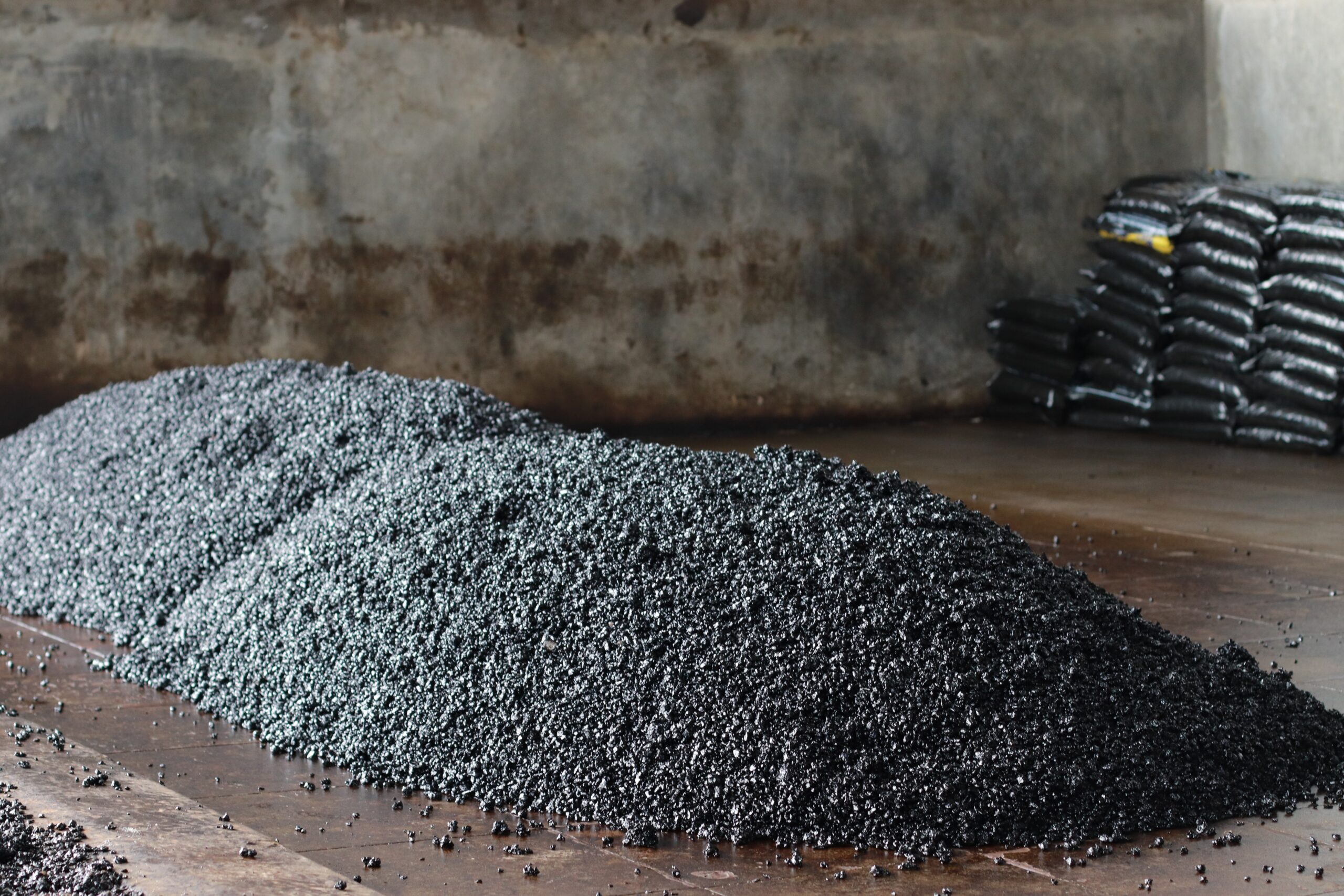
Choosing the right asphalt mix is crucial for maximizing the longevity and performance of your paved surfaces. The asphalt paving services ensures durability, safety, and minimizes maintenance costs over time. Each property—whether a driveway, parking lot, or road—has specific requirements influenced by factors like soil composition, climate, vehicle traffic, and water drainage. Using the wrong asphalt mix can lead to premature wear, rutting, and drainage issues. This guide walks you through the different types of asphalt mixes, their applications, and the key factors to consider. Expert advice helps you make the best decision, ensuring long-lasting and cost-effective results for your property.
Understanding the Basics of Asphalt Mix
An asphalt mix is a carefully engineered combination of mineral aggregates, bitumen binder, and, in many cases, performance-enhancing additives. This composition forms the top structural layer of paved surfaces such as roads, driveways, and parking lots. It is valued for its durability, flexibility, and ability to withstand both traffic loads and environmental stress.
- Aggregates typically consist of crushed stone, sand, or gravel. These materials provide structure and resistance against deformation.
- Binder, usually bitumen, is a petroleum-based adhesive that holds the aggregates together and gives the surface its cohesive strength.
- Additives are used to enhance specific properties such as elasticity, moisture resistance, or longevity. These may include polymers, fibers, or anti-stripping agents.
The manufacturing process involves heating the aggregates and binder separately, combining them at specific temperatures, and mixing until a uniform consistency is achieved. The hot mix is then transported to the site, spread evenly, and compacted using rollers to form a dense, smooth, and load-bearing pavement layer. For details on a step-by-step guide to commercial asphalt paving projects, see how professionals ensure precision and durability at every stage.
Asphalt Structure and Layer Composition
An asphalt pavement system is typically composed of multiple engineered layers, each with a specific structural function. These layers are designed to distribute load, resist weathering, and extend the life of the surface.
- Subgrade: This is the natural soil layer at the bottom of the pavement structure. It must be stable, well-drained, and compacted to support the layers above.
- Sub-base layer: Made of crushed stone or gravel, the sub-base improves load distribution and protects the subgrade from moisture and frost damage.
- Base course: This is a load-bearing layer of high-quality aggregate that provides additional structural integrity, especially for surfaces subjected to heavy traffic.
- Surface course: Also known as the asphalt-wearing course, this is the uppermost layer exposed to traffic. It contains the asphalt mix that directly resists vehicle loads, weather, and abrasion.
This multi-layer design allows the pavement to respond flexibly under dynamic stress, distribute weight efficiently, and adapt to temperature fluctuations. Properly constructed asphalt pavements reduce the risk of surface cracking, rutting, and erosion over time.
Types of Asphalt Mixes Explained
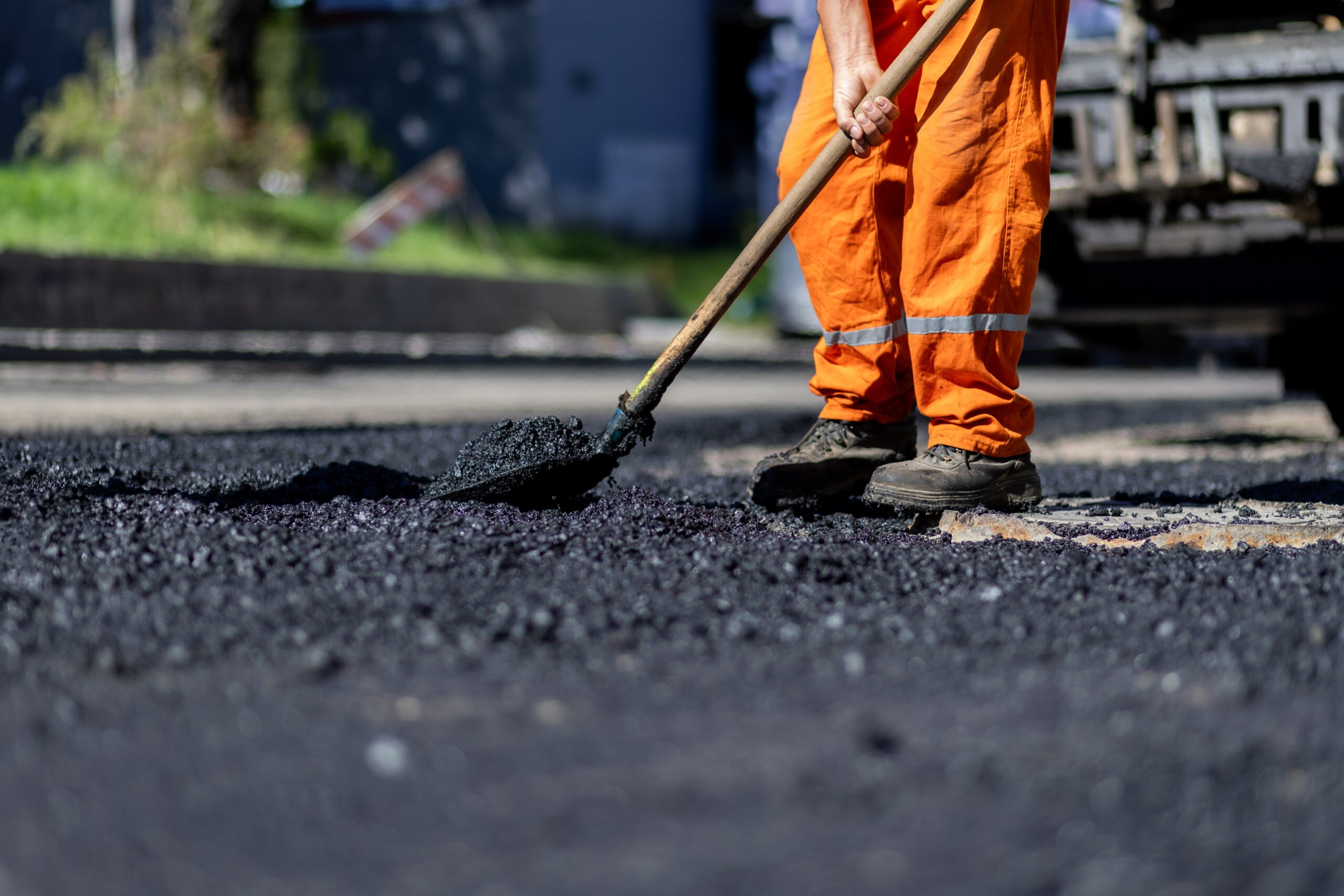
Asphalt is not a universal material; its performance varies based on mix design. Different types of asphalt mixes are engineered for specific applications, traffic volumes, environmental conditions, and structural requirements. Selecting the appropriate type is essential to ensure long-term surface durability, cost-efficiency, and safety.
Hot Mix Asphalt (HMA)
Hot Mix Asphalt is the most widely used asphalt type, typically produced at temperatures ranging from 280°F to 320°F. This mix offers excellent durability, high strength, and resistance to deformation, making it ideal for areas with significant traffic volume or structural load.
Common Applications:
- Highways and expressways
- Residential and commercial driveways
- Airport runways
- Heavily loaded industrial surfaces
Advantages:
- Exceptional structural integrity and longevity
- High resistance to weather fluctuations
- Performs well in colder climates (when applied during warmer months)
Limitations:
- Not suitable for paving in cold weather
- Requires more energy due to high production temperature
Warm Mix Asphalt (WMA)
Warm Mix Asphalt is produced at lower temperatures (200°F to 275°F) by incorporating chemical or organic additives. It offers similar properties to HMA but with improved workability and reduced environmental impact.
Common Applications:
- Residential streets and cul-de-sacs
- Bicycle lanes and walkways
- Urban and suburban road projects
Advantages:
- Reduced fuel consumption during production
- Lower greenhouse gas emissions
- Allows longer transport and placement time
Limitations:
- May exhibit slightly lower stiffness than HMA
- It may require additives to maintain performance under heavy loads
Cold Mix Asphalt
Cold Mix Asphalt is formulated for use at ambient temperatures. Unlike hot or warm mixes, it does not require heating, making it suitable for temporary repairs and remote locations.
Common Applications:
- Emergency pothole patching
- Rural and unpaved road surfaces
- Utility trench backfilling and shoulder work
Advantages:
- Easy to store, transport, and apply without heating
- Ideal for off-season or cold-weather repairs
Limitations:
- Not recommended for high-traffic or high-load areas
- Lower overall durability compared to HMA or WMA
Porous Asphalt
Porous Asphalt is designed with reduced fine aggregates, allowing water to pass through the surface and into a prepared drainage layer. It is widely used in sustainable construction projects and green infrastructure.
Common Applications:
- Commercial and residential parking lots
- Sidewalks, trails, and low-speed roadways
- Stormwater management installations
Advantages:
- Reduces surface runoff and water pooling
- Helps recharge groundwater
- Environmentally sustainable
Limitations:
- Requires a carefully engineered permeable sub-base
- Higher initial installation cost compared to conventional mixes
Stone Matrix Asphalt (SMA)
Stone Matrix Asphalt is a gap-graded, high-stone content asphalt mix reinforced with fibers or polymers. It is engineered to withstand high traffic volumes and prevent surface rutting.
Common Applications:
- High-volume roadways and intersections
- Transit bus routes and freight corridors
- Bridge decks and urban thoroughfares
Advantages:
- Superior rut resistance and surface durability
- High-load capacity for extreme stress conditions
- Long operational life with minimal deformation
Limitations:
- Higher production and material costs
- Requires precise mix control and quality assurance
Recycled Asphalt Pavement (RAP)
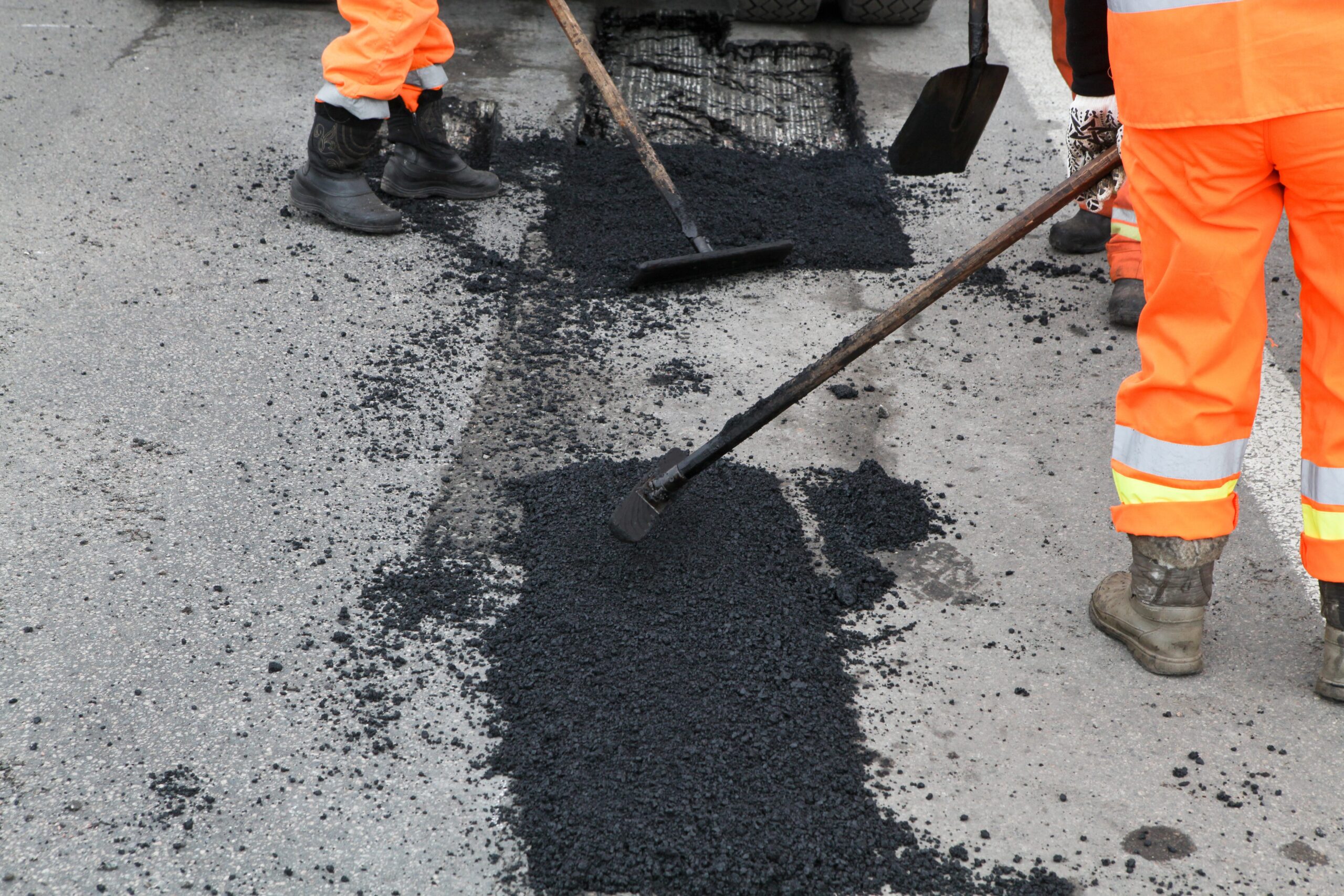
Recycled Asphalt Pavement is produced using reclaimed asphalt materials and aggregates from previous pavement projects. It is typically blended with new (virgin) asphalt to balance performance and cost.
Common Applications:
- Low-traffic roads and farm pathways
- Driveway resurfacing
- Structural base or binder layers beneath new overlays
Advantages:
- Cost-effective and resource-efficient
- Reduces landfill waste and raw material usage
- Supports sustainable construction practices
Limitations:
- Performance depends on blend quality and consistency
- Requires controlled mix design to ensure structural integrity
Asphalt Mix Types at a Glance
| Asphalt Type | Best Use | Pros | Limitations |
| Hot Mix Asphalt | Highways, driveways | Strong, durable, weatherproof | High temp needed, costly |
| Warm Mix Asphalt | Residential, bike paths | Lower emissions, flexible | Slightly lower stiffness |
| Cold Mix Asphalt | Potholes, rural roads | Easy use, no heat | Temporary only, lower strength |
| Porous Asphalt | Parking, drainage zones | Manages water, eco-friendly | Needs special base, costlier |
| Stone Matrix | Industrial, intersections | Resists rutting, high load use | Expensive, complex mix |
| Recycled Asphalt | Low-volume roads | Cheap, sustainable | Depends on blend quality |
Now that you know the options, let’s explore where to use them.
Uses of Asphalt Mix Based on Property Type
Asphalt mix selection must align with the functional requirements of the property. Different property types; residential, commercial, industrial, or public; require asphalt designs that balance strength, flexibility, aesthetics, and drainage. Choosing the appropriate mix type ensures longevity, reduced maintenance, and safe usage conditions across various applications.
Residential Properties
Residential applications prioritize surface finish, comfort, and moderate load tolerance. The traffic is typically light, but aesthetics and smooth usability are critical. Asphalt in residential areas should also be cost-effective and easy to maintain.
Recommended Mixes:
- Hot Mix Asphalt (HMA): Ideal for driveways and private roads due to its long-lasting finish and structural strength.
- Warm Mix Asphalt (WMA): Suitable for walkways and paths where quick installation and reduced fumes are beneficial.
- Cold Mix Asphalt: Often used for repairing cracks and potholes in residential settings, especially during colder months.
Typical Applications:
- Single-family driveways
- Walking paths and garden walkways
- Residential play areas and access lanes
Commercial Properties
Commercial areas face moderate to high traffic volumes and often require surfaces that withstand repeated vehicle movement and occasional heavy loads. Proper drainage, visual appeal, and minimal maintenance downtime are also key factors.
Recommended Mixes:
- Stone Matrix Asphalt (SMA): Suitable for high-traffic entryways and parking lots.
- Porous Asphalt: Used in parking lots to manage water runoff and reduce flooding risks.
- Warm Mix Asphalt (WMA): Useful for quick-turnaround paving projects and urban commercial zones.
Typical Applications:
- Shopping center and retail parking lots
- Business park access roads
- Commercial vehicle loading zones
Industrial Properties
Industrial environments demand the most robust and load-bearing asphalt solutions. Surfaces must resist heavy truck loads, constant equipment movement, and in many cases, chemical or oil exposure. Durability and deformation resistance are critical in these applications.
Recommended Mixes:
- Stone Matrix Asphalt (SMA): Offers excellent rut resistance and long-term durability.
- Hot Mix Asphalt (HMA): Suitable for large-scale pavements exposed to daily industrial use.
- Recycled Asphalt Pavement (RAP): Cost-effective for base layers or lower-priority access routes.
Typical Applications:
- Freight terminals and logistics centers
- Loading docks and industrial yards
- Internal service roads and storage areas
Public Infrastructure
Public infrastructure projects are often built to serve large populations and must comply with regulatory standards. Surface performance, safety, drainage, and cost-efficiency are major priorities. Asphalt choices here must be highly durable, environmentally compliant, and suitable for large-scale application.
Recommended Mixes:
- Hot Mix Asphalt (HMA): Standard for municipal roads, main thoroughfares, and highway projects.
- Stone Matrix Asphalt (SMA): Used at intersections, bus lanes, and traffic-heavy corridors.
- Porous Asphalt: Ideal for urban stormwater management in low-speed zones and parking areas.
Typical Applications:
- City streets and regional roads
- Bicycle paths and pedestrian zones
- Parking lots at parks, schools, and public facilities
Summary of Use-Case Alignment
| Property Type | Recommended Asphalt Mixes | Primary Focus Areas |
| Residential | HMA, WMA, Cold Mix | Aesthetics, cost-efficiency, light traffic |
| Commercial | SMA, Porous Asphalt, WMA | Drainage, durability, moderate to heavy use |
| Industrial | SMA, HMA, RAP | High-load tolerance, surface strength, longevity |
| Public Infrastructure | HMA, SMA, Porous Asphalt | Regulation-compliance, environmental performance |
Why Choose Us for Asphalt Solutions
At Asphalt Paving Company, we specialize in providing tailored asphalt services for all property types. Whether it’s a small residential driveway or a large-scale industrial site, our goal is to deliver exceptional value, durability, and satisfaction on every project.
Our Expertise
With over 20 years of experience in asphalt installation and repair, we have honed our skills to ensure the highest quality results.
- Certified Crew and Material Specialists: Our team consists of certified professionals, skilled in every aspect of asphalt work.
- State-Certified Lab Mix Design and Site Testing: We use state-certified laboratories for mix designs and site testing to ensure the most appropriate materials for your needs.
Tailored Asphalt Planning
We believe in delivering personalized services that are carefully planned to meet the unique requirements of each project.
- Site Evaluations and Soil Analysis: We start with thorough site evaluations and soil analysis to determine the best approach for your asphalt needs.
- Custom Mix Designs Based on Usage and Budget: We provide tailored asphalt mix designs, balancing durability and cost to align with your specific requirements.
- Detailed Plan from Prep to Paving: We create detailed project plans, from initial preparation to the final paving, ensuring a seamless process.
Sustainable Construction Focus
We are committed to environmentally friendly practices and sustainable construction.
- Recycling Asphalt to Reduce Waste: We recycle asphalt materials to minimize waste and promote sustainable construction practices.
- Offering WMA and Low-Emission Paving: Our Warm Mix Asphalt (WMA) solutions and low-emission paving techniques help reduce environmental impact.
- Supporting LEED and Green Certifications: We support sustainable construction efforts by ensuring our processes align with LEED and other green certifications.
End-to-End Quality Guarantee
We pride ourselves on delivering top-quality asphalt services with transparency, reliability, and long-term support.
- Transparent Pricing and Scheduling: Our pricing is clear and competitive, and we keep you informed with reliable scheduling throughout the project.
- Full Quality Checks from Start to Finish: We perform thorough quality checks at every stage of the project to ensure the highest standards.
- Long-Term Support, Repairs, and Sealing: Our commitment doesn’t end with the completion of the project. We offer ongoing support, repairs, and sealing to maintain the longevity of your asphalt surfaces.
We stand behind every project we undertake, with a focus on accountability and service excellence. For more information, feel free to explore the answers to the most common asphalt-related questions below.
Frequently Asked Questions
Why is selecting the right asphalt mix important?
Choosing the correct asphalt mix ensures durability, cost-effectiveness, and optimal performance for your property. It addresses specific factors like traffic volume, load-bearing capacity, and environmental conditions.
What factors should be considered when choosing an asphalt mix?
Key considerations include traffic type (heavy or light), climate (hot or cold), and pavement purpose (driveways, highways, or parking lots). For example, Stone Matrix Asphalt (SMA) is ideal for high-traffic areas due to its strength.
How does climate affect asphalt mix selection?
Extreme temperatures require flexible mixes to withstand thermal expansion and contraction. Additionally, regions with heavy rainfall or snow benefit from water-resistant mixes to prevent damage.
What role do aggregates play in asphalt mix quality?
Aggregates form the backbone of asphalt mixes. High-quality aggregates with angular shapes and rough textures enhance stability and adhesion, ensuring a durable pavement.
Can innovative technologies improve asphalt performance?
Yes, technologies like warm mix asphalt reduce environmental impact while enhancing durability and flexibility. Modified binders and additives can also improve resistance to cracking and rutting.
Expert Asphalt Paving Services You Can Rely On
We are dedicated to providing the highest quality asphalt paving solutions in Colorado with a focus on customer satisfaction, sustainability, and long-term performance. With our expertise, tailored approach, and commitment to excellence, we ensure that every project we undertake is completed to the highest standards. From the initial consultation to ongoing maintenance, we’re here to support you every step of the way. Choose us for your next project, and experience the difference of working with a reliable, professional team that stands behind every job.
If you’re considering your next asphalt paving project, we’re ready to help you make informed decisions and guide you to the right solutions. Choose Asphalt Coatings Company for reliable, top-tier paving services that you can trust to last.

